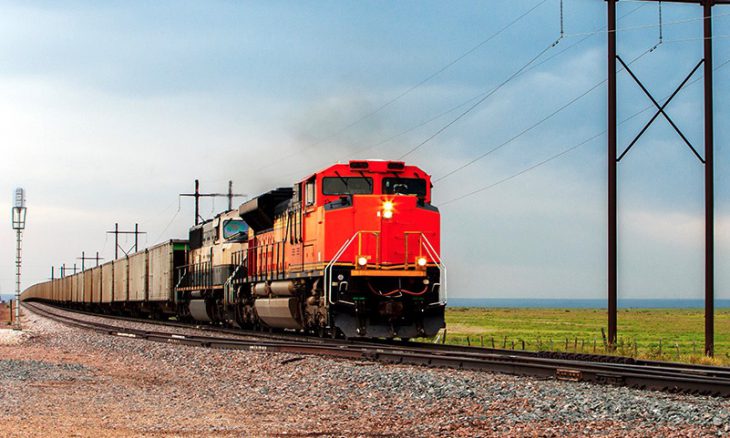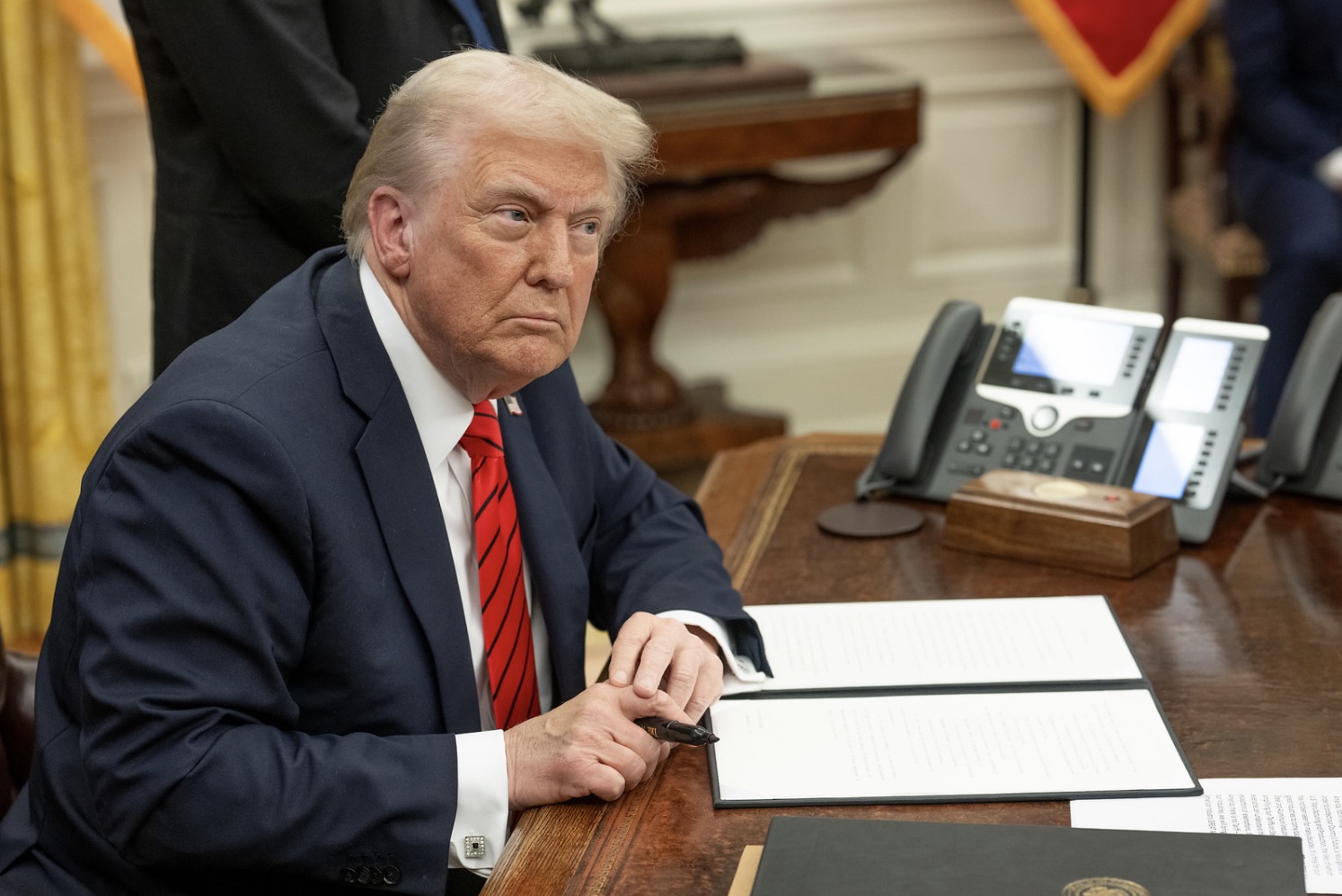Negotiations are expected to last through mid-November.
A union representing about 12,000 rail workers voted down a tentative contract that was brokered by the White House to avert a possible rail strike last month. The vote will force the two sides back to the negotiating table and it has created the possibility of a nationwide strike.
The president of the Brotherhood of Maintenance of Way Employees Division of the Teamsters said, “Railroaders do not feel valued. They resent the fact that management holds no regard for their quality of life, illustrated by their stubborn reluctance to provide a higher quantity of paid time off, especially for sickness.”
The potential work stoppage could disrupt the nation’s supply chain and transportation rail service as the nation enters its peak holiday season. A potential strike could cost $2 billion a day in lost economic output, according to the Association of American Railroads.
A chief economist at a global tax firm said, “The artery of the U.S. economy is the rail system. It’s one of the ways we get everything around. One-third of everything gets around this way.”
Four unions have ratified the deal brokered by the White House. Six others have votes pending. The two largest unions that constitute about half of the total rail workforce are not set to conclude voting until November 17. The eleven unions combined represent about 115,000 railroad workers.
As the Lord Leads, Pray with Us…
- For Labor Secretary Marty Walsh as he supports efforts to come to an agreement.
- For the president and his administration as they endeavor to facilitate negotiations for a solution.
- For U.S. officials as they assess the importance of the rail freight transportation system to the nation.
Sources: ABC News, Axios, Washington Examiner









